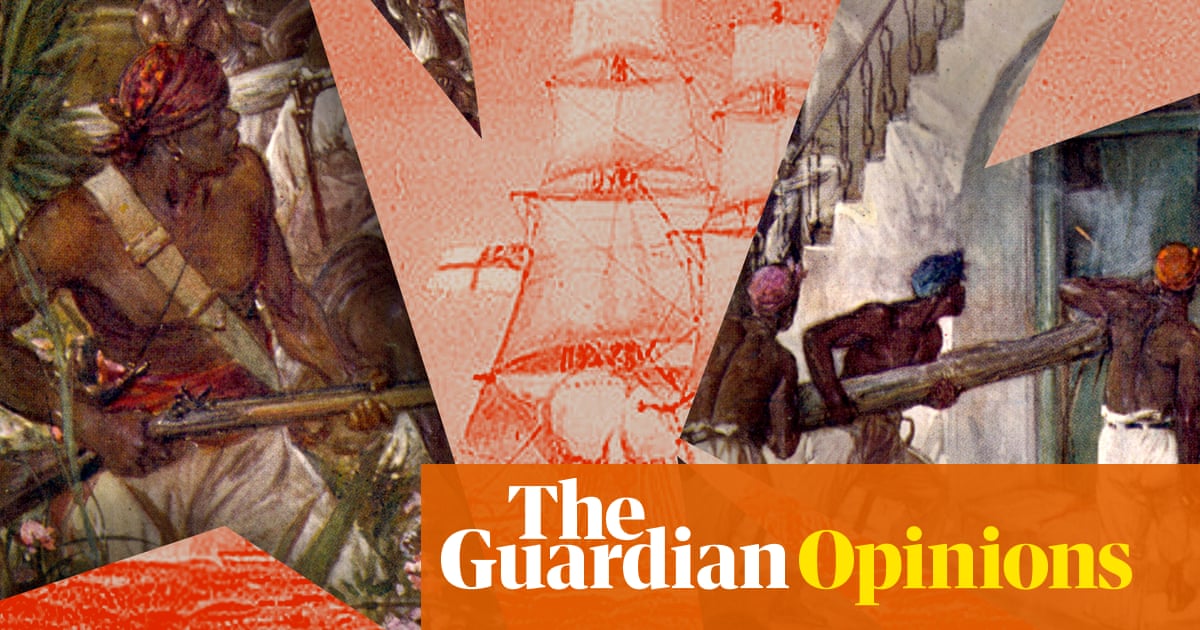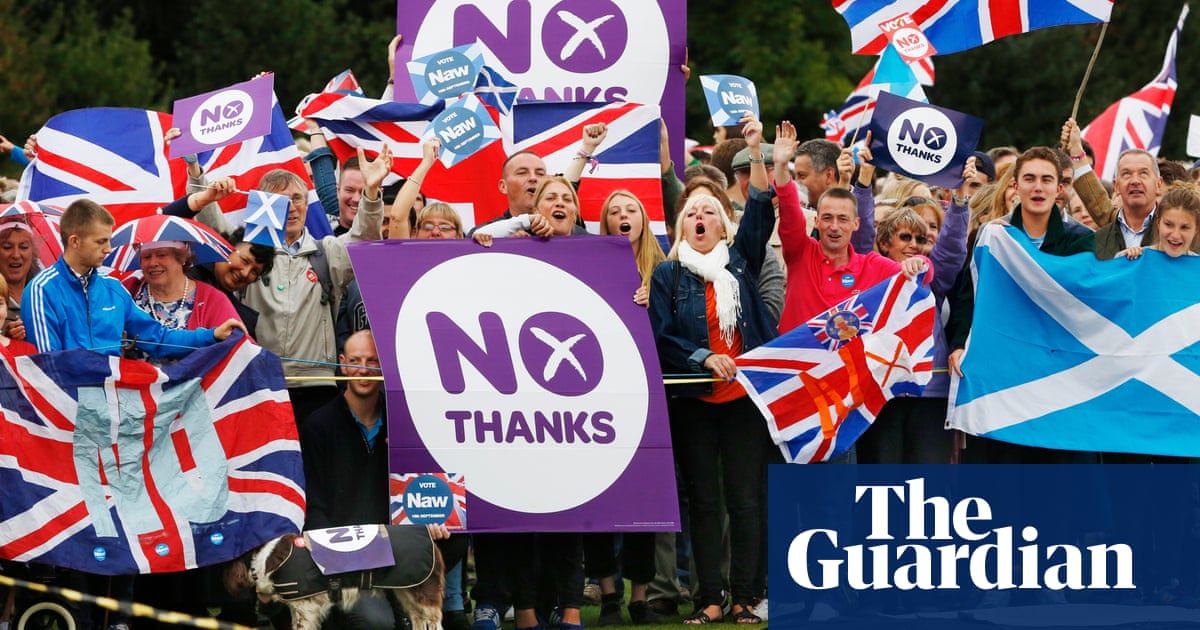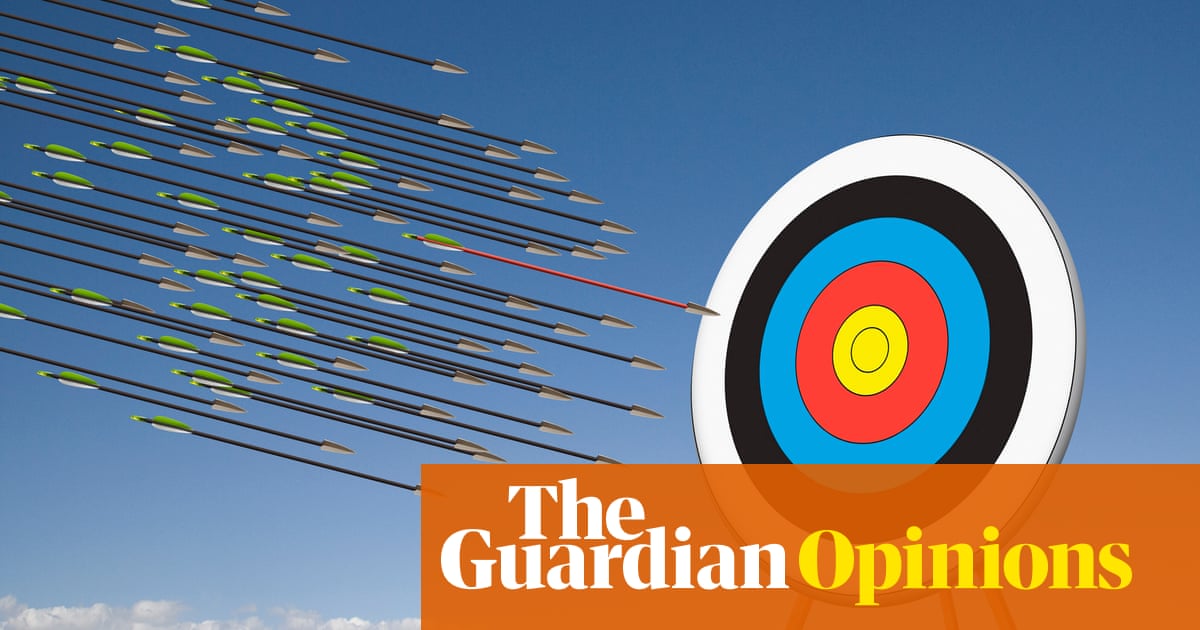
The state is an invention. It’s a bureaucratic tool of governance for an arbitrarily defined landmass; an artifice made convincing through emotive storytelling. Although many countries have their “long, long ago” symbolic foundation story, in truth the vast majority of them have only existed as independent constitutions for a matter of decades. We, the nationals, are the result of millennia of migrations of ancestral hunter-gatherers, herders, farmers, merchants, students, industrialists; of colonists and colonisers; of people invading, fleeing, crusading, exploring, roaming, slave-trading; uprooted for war, work, fortune and love. The dense interconnectedness of the human family, our genetic similarity, means that in terms of our biology, there are no different races. We can all claim ancestry from across the world.
Nevertheless, our politics is obsessed with distinctions based on national identity. Many of the arguments against immigration rest on the idea that there is a true and pure national identity, which means some people “belong” while others do not. Ethno-nationalism is particularly overt among far-right parties, even if the message has been softened from “racial identity” to “cultural identity”, to make it more palatable. But the cord that tethers us to a particular land – our national identity – is not innate; it is based on recent or ancient migrations, or the happenstance of your mother’s location at the moment of your birth.
We have to make our nations by binding together disparate, unrelated people into a sort of kinship, inventing stories to inspire us. These stories change and adapt to support this impressive feat of cooperation. Leaders play an important role, using narratives to continually support the national project. It’s worth remembering this when considering the historically bizarre consensus that political parties have formed around migration: that immigration is a problem that must be curbed.
Throughout our species’ 300,000-year history, migration has been an essential survival tool, and it has fundamentally created the system we’re all a part of today. Migration made us; entangling our social networks of cooperation, fusing and forging new cultural, technological and behavioural innovations, from languages to cities to nations. This might be hard to see in the context of today’s geopolitical identities and constraints, in which migration is being portrayed as an aberration. But viewed in a wider lens, it is our national identities and borders that are the anomaly. Indeed, borders, where they existed historically, were for keeping people in, not out. Leaders were desperate to import labour for agriculture, military campaigns, industry and other economic concerns. Much of the vibrant diversity and wealth of our greatest cities is owed to pro-immigration policies, whether by coercion or persuasion.
With plummeting birthrates and stagnant economies in Europe, economists broadly agree that immigration will be essential to maintain today’s standard of living. Indeed, sectors including health, social care, agriculture, universities and logistics would collapse without the immigrant workforce. In parallel, it is also very clear that human movement, particularly from the global south to north, is inevitable – indeed, it will increase as poverty and the climate crisis push people from unlivable places. Honest pragmatism demands that we manage this situation to all our benefit, rather than denying it or pretending we can deter people.
So how have so many leaders backed themselves into a position where, left and right, they agree that immigration numbers must fall?
Simply put, politicians have allowed foreigners to be blamed for the economic anxieties their policy failures have caused. During a period of little economic growth, as we emerge from the trauma of a pandemic to expensive food and energy prices, massive housing shortages and an influx of refugees from Ukraine and elsewhere, people who feel poor, ignored or left behind by their governments are easy prey for radical parties with a nationalist agenda that purports to prioritise them. These leaders promise to return the country to a mythical pre-immigration state when life for ordinary citizens was idyllic.
Populist and nationalist parties have grown stronger and bolder over the past decade. Far-right parties are in power, part of government or supporting governments in several EU countries, including Hungary, Finland, Italy, the Netherlands and Sweden. As extreme parties have grown more popular, liberal democratic parties on the centre-left and right, far from challenging hateful narratives around asylum and migration, have responded by shifting and appeasing: adopting the policies and language of the radical right, hoping to attract back their vote share. The message has been about strength against “security threats”, with appeals to self-interest and a much-narrowed version of national interest. In many cases, this has meant voters see little difference between the parties’ policies, but prefer the “more authentic” far-right parties. In 2021, 32% of voters chose radical parties, compared to 12% in the early 1990s.
The next few weeks of elections, in the European parliament and in Britain, might be the most important for a generation. Voters are recalibrating our social values and deciding on the humanity we show each other, with implications not just regionally but planet-wide. Polling suggests there will be a hard-right surge in this month’s EU parliament elections. Just this week, Nigel Farage called for “zero” net migration. This kind of politics at the ballot box will have serious consequences. Because we do face real security threats – not from asylum seekers, but from those who would divide us, who would deny our shared humanity, and stop us addressing with detailed policies rather than slogans the global crises in climate and food, energy and poverty.
The EU is an inspiring invention with its own stated values: human dignity, freedom, democracy, equality, rule of law and human rights. Each of them relies on compassion; it is the moral currency of the EU, and it is tragic that secular leadership is now so coy about it.
There is a moral vacancy at the heart of political leadership. The fundamental role of leaders is to heal divisions, to help us care for each other and our fellow and future citizens. That requires compassion. But somehow, compassion has become unfashionable. It has been left to religious leaders and charities – the “worthy” sectors – rather than those with legitimate authority to govern.
Hard-right politics is characterised by intolerance, hate, fear, lawlessness and disrespect for democratic norms and international agreements. Fear has its corrosive power, but compassion gives people a national story to believe in and something to aspire to. That’s a far stronger, more powerful message.
Leaders must be honest about the realities of human movement, and work pragmatically with their regional counterparts to use it for everyone’s benefit. That means showing true leadership to reset the narrative around nationhood, deal with fears, generate hope, and use compassion as a strength.
Gaia Vince is an author, journalist and broadcaster. Her latest book is Nomad Century












